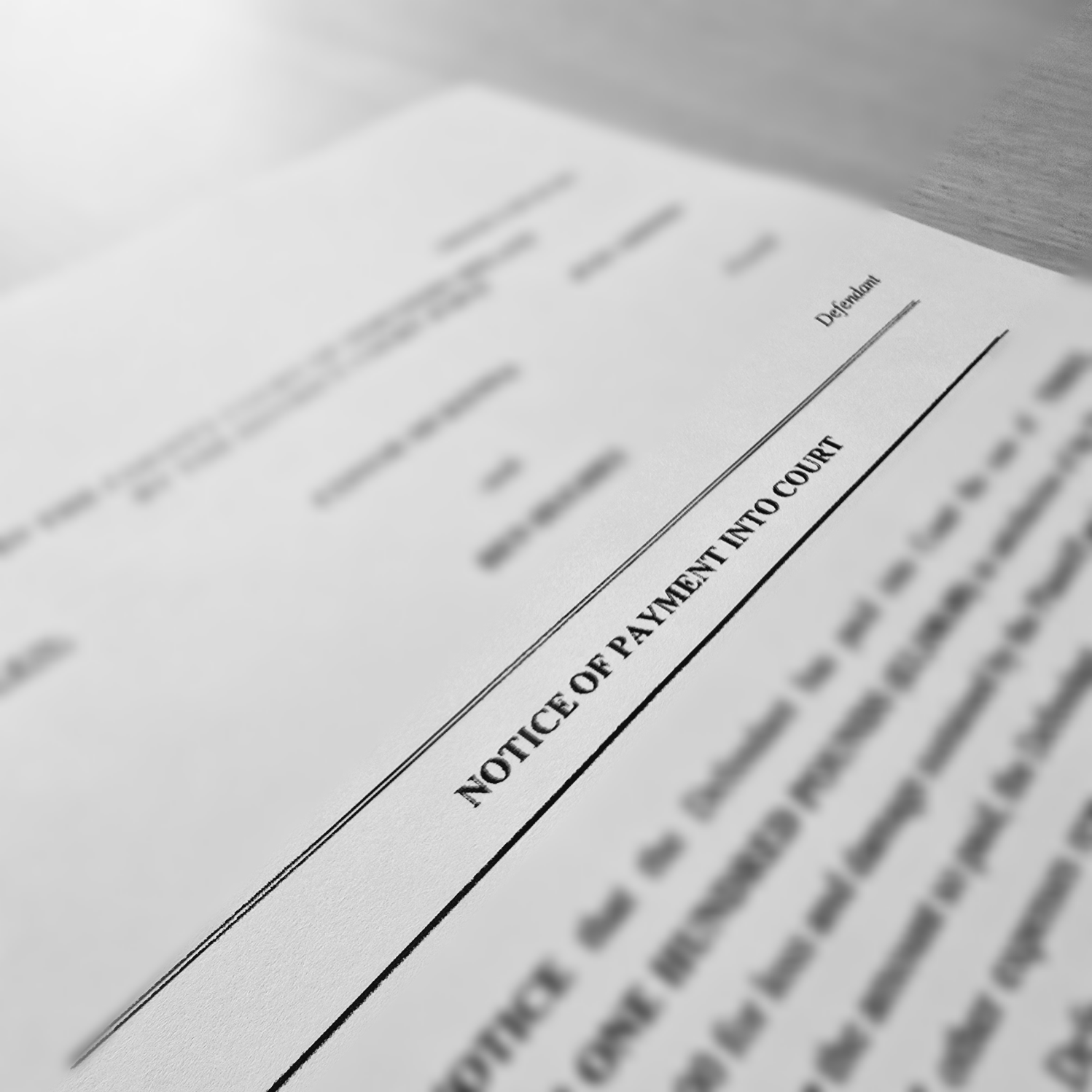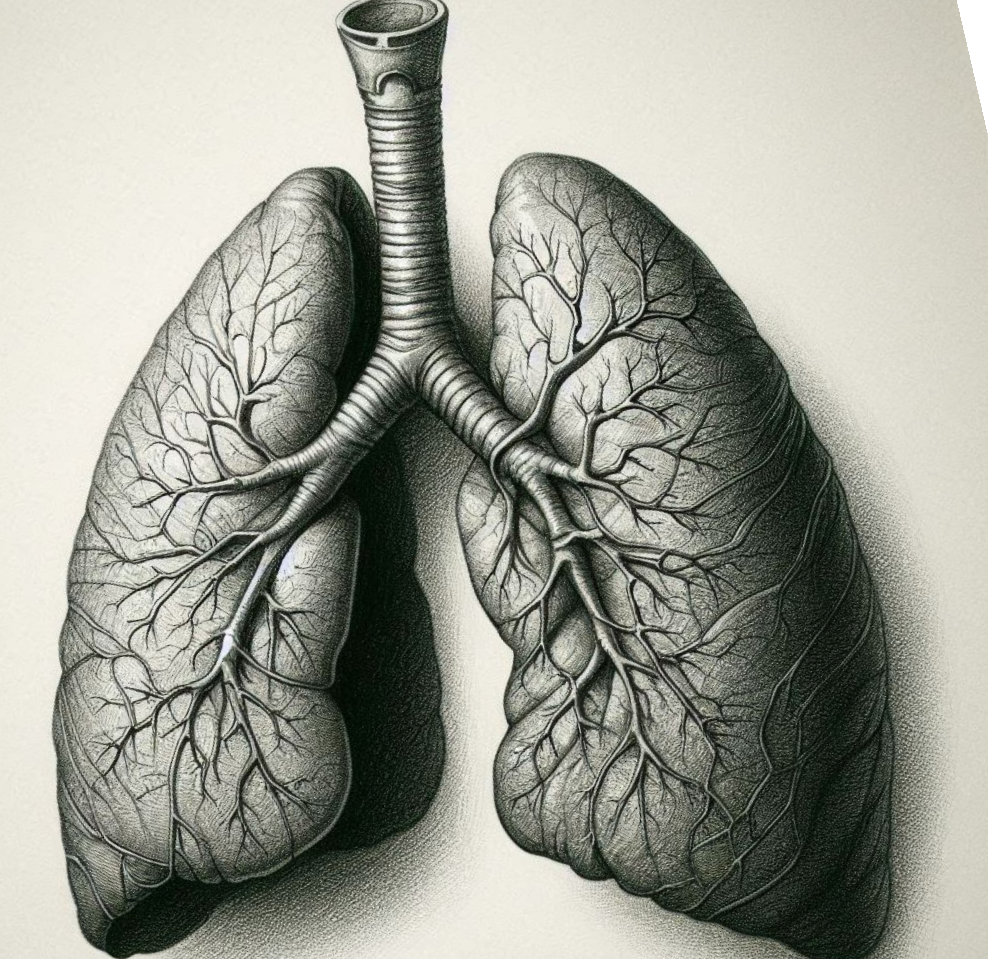Product liability law in both Northern Ireland and the Republic of Ireland governs the legal responsibility of manufacturers, suppliers, and retailers for defective products that cause harm. This area of law is highly relevant for businesses, insurers, and consumers alike, especially when misuse of a product becomes a point of legal contention. As an insurance defence law firm operating across the entire Island of Ireland, Lacey Solicitors offers deep expertise in defending product liability claims and navigating evolving legal frameworks for our insurance clients in both jurisdictions.
Product Liability Law in the Republic of Ireland
In the Republic of Ireland, product liability is currently governed by the Liability for Defective Products Act 1991, which gives effect to EU Directive 85/374/EEC. This legislation holds producers strictly liable for damage caused by defective products, regardless of fault.
However, change is on the horizon. The new EU Product Liability Directive (EU Directive 2024/2853) was approved by all EU Member States and will replace the existing directive. It must be implemented into national law by 9 December 2026. The Irish government has confirmed that it is preparing to transpose this directive into domestic legislation. Until then, the 1991 Act remains in force.
Product Liability Law in Northern Ireland
In Northern Ireland, product liability is primarily regulated by:
-
The Consumer Protection (Northern Ireland) Order 1987
-
The Product Liability (Amendment) Act (Northern Ireland) 2001
A product is considered defective under the 1987 Order if it does not meet the safety expectations of the general public. Factors influencing this assessment include:
-
How the product was marketed
-
The presence and clarity of instructions or warnings
-
The intended and reasonably foreseeable uses of the product
The Northern Ireland Protocol ensures that Northern Ireland continues to follow certain EU rules in areas such as product safety and liability. Consequently, the new EU Product Liability Directive (EU 2024/2853) also applies in Northern Ireland, with transposition required by 9 December 2026. Additionally, the General Product Safety Regulation (GPSR) became operational on 13 December 2024.
Recent Case Law: Product Misuse and Liability in Practice
In recent years, high profile cases in both Northern Ireland and the Republic of Ireland have brought renewed attention to the defence of product misuse—a legal argument that is often overlooked but can be decisive in the outcome of a product liability claim. Time and time again, courts have increasingly emphasised that even when harm occurs, manufacturers and suppliers are not automatically liable if the product was used in a way that was not intended or reasonably foreseeable.
Recent cases such as Kamrul Hasan v Lynas Food Service Ltd and Eva Cekanova v Dunnes Stores serve as instructive examples. In both instances, the courts ultimately ruled in favour of the defendants—not because the products were defective, but because the Claimants in both cases failed to use them appropriately. These decisions highlight that establishing misuse at the outset of a defence can reframe the case entirely, shifting the burden back to the claimant and often reducing or eliminating liability.
1. Kamrul Hasan v Lynas Food Service Ltd & Others (Northern Ireland)
Overview:
This commercial product liability claim involved allegations that a Buffalo 6 gas oven supplied by Lynas Food Service Ltd was defective. The plaintiff claimed the oven’s control knobs melted during normal use, causing business disruption.
Legal Arguments:
The plaintiff argued the oven was defective due to poor design or manufacturing. He held the supplier responsible under product liability law.
Court Findings:
Expert engineering testimony revealed the damage was caused by improper use, not a design flaw. The court found no defect, and the claim was dismissed.
What we can learn:
-
Burden of Proof: Plaintiffs must demonstrate a direct link between the defect and the damage.
-
Misuse Defence: Defendants can successfully argue that improper use, rather than a manufacturing flaw, led to the incident.
-
Expert Evidence: Technical analysis is often decisive in product liability defence.
2. Eva Cekanova v Dunnes Stores (Republic of Ireland)
Overview:
Eva Cekanova suffered burns when a glass jug purchased from Dunnes Stores shattered after hot water was poured into it. She filed a product liability and negligence claim, alleging the jug was defective and inadequately labelled.
Defence & Court Ruling:
Dunnes Stores contended that the plaintiff had misused the product. The Court of Appeal found in favour of the retailer, holding that:
-
Thermal shock risks in glassware are widely understood.
-
The jug was not defective, and common sense precautions were not taken.
-
The plaintiff’s actions amounted to contributory negligence.
What we can learn:
-
Contributory Negligence: Failure to follow obvious safety precautions can reduce or eliminate liability.
-
Product Warnings: Manufacturers are not always obligated to warn against obvious risks.
-
Cultural Usage: The court found no obligation on Irish retailers to account for foreign consumer habits unless widely known.
Legal Lessons and Implications for Insurers
1. Product Misuse as a Defence
These cases confirm that misuse of a product can be a strong defence in product liability claims. If a product is used outside its intended or foreseeable purpose, liability may be significantly limited or eliminated.
2. Burden of Proof and Expert Testimony
Plaintiffs must clearly prove that a defect existed and that it caused the harm. Courts rely heavily on expert witness testimony, especially in technical claims.
3. Warning Labels and Instructions
While appropriate warnings are essential, courts may not require manufacturers to warn against well-known risks. The adequacy of labelling is judged against what an average consumer is expected to understand.
4. Contributory Negligence
Where users fail to exercise reasonable care, courts may assign shared responsibility, reducing compensation accordingly.
How Lacey Solicitors Can Assist with Product Liability and Insurance Defence
Lacey Solicitors provides strategic legal advice and representation in product liability defence cases across Northern Ireland and the Republic of Ireland. Whether you are a supplier, manufacturer, or retailer, we can help you:
-
Defend claims involving alleged product defects
-
Navigate cross-border regulatory changes and EU directives
-
Prepare risk-mitigation strategies including labelling and consumer warnings
-
Respond to incidents involving product misuse or personal injury
With decades of experience in insurance defence, negligence claims, and complex product litigation, we are well-placed to protect your business interests.
Contact Us
If you’re facing a product liability claim or want advice on managing product safety risks, contact Lacey Solicitors today. Our expert legal team in Belfast and Dublin are ready to assist with tailored solutions.

















